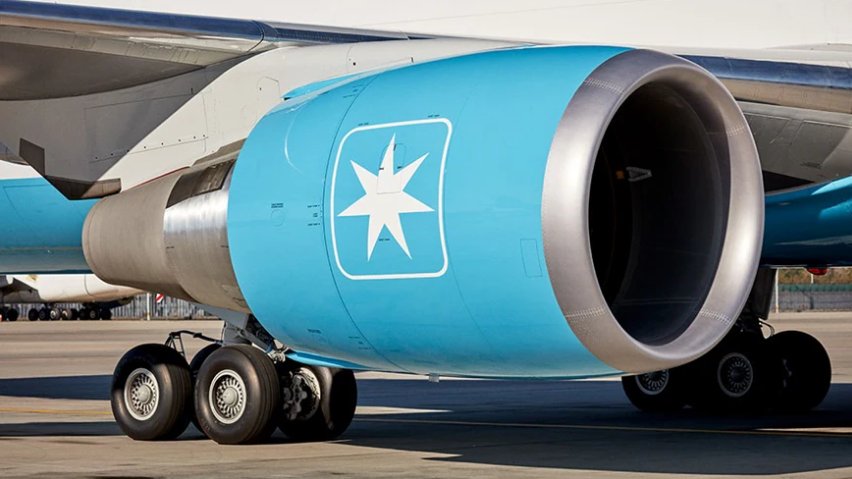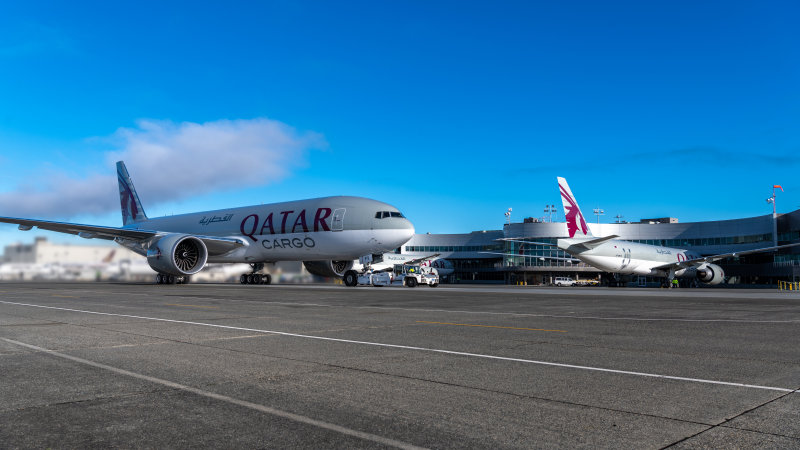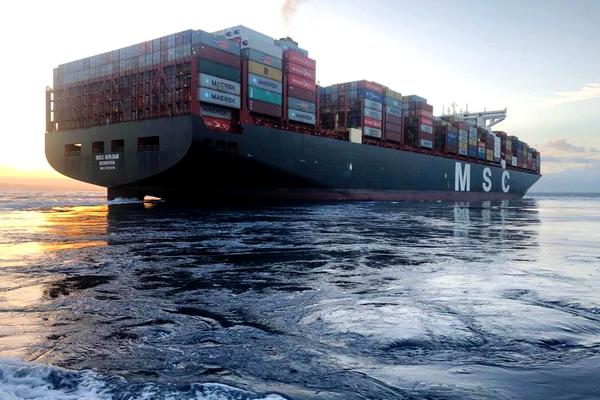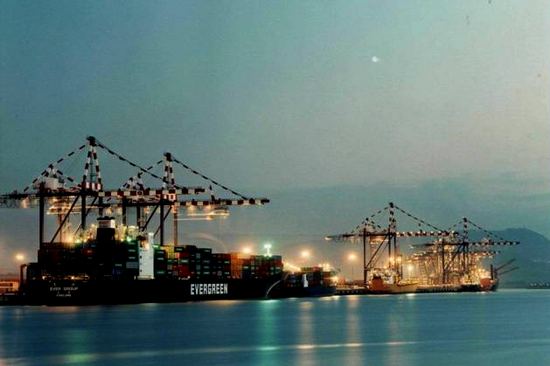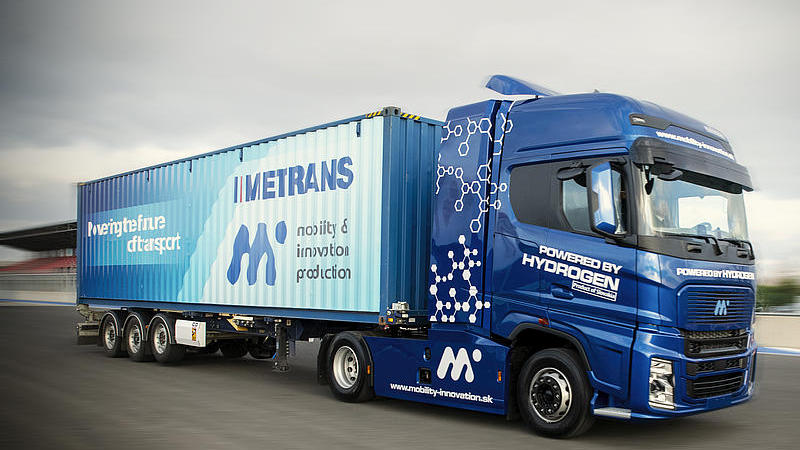To address the structural lack of updated data and information on the Italian logistics sector and provide the necessary elements to understand and interpret trends in this increasingly significant sector for the national economy, the Freight Insights Observatory of the Centro Nazionale per la Mobilità Sostenibile (Most) was created. Developed in collaboration with the Fondazione Centro Studi Economia della Logistica e delle Infrastrutture (Cseli), it was presented on November 13, 2024, in Rome during the International Forum of Conftrasporto.
During the presentation, the results of the Observatory's first study, titled "Deep Uncertainty and Structural System Changes: An Analysis of Supply Chain Transformation," were shared. The report highlights that, in a global context characterized by geopolitical uncertainties, climate change, and technological innovations, the logistics and freight transport sector is undergoing profound transformations, requiring the development of resilient, responsive, and innovation-oriented logistics systems. This complexity has led to an increase in the value of the logistics sector as a proportion of Italy's GDP, rising from 7.2% to 8.9% from 2019 to 2024.
The study begins with an analysis of the context, underscoring the extent of disruption in international supply chains over the past fifteen years, with a sharp increase in costs that has tested companies in the sector. In the last five years, energy prices have increased by 31%, leasing costs by 26%, and labor costs by 13%. The cost of money has seen a significant spike, rising by 163% in 2023 and by 182% over the last five years, increasing investment and inventory maintenance costs.
This growing complexity and uncertainty have led to a reduction in the number of operators in the sector, with the supply chain consolidating around more structured players. Since 2009, there has been a reduction of 35,000 companies, particularly among trucking companies (-30%) and warehouse operators (-49%). The trend toward consolidation is also confirmed by recent merger and acquisition activities. Since 2015, 214 operations involving Italian logistics companies have been recorded, focusing on consolidating the logistics network (88 operations) and developing port terminals (41 operations).
The study also highlights how the resilience of players in the sector has increased thanks to investments in technology. International logistics startups have collectively raised over ten billion dollars in recent years, with growth of 7.5% since 2020, focusing on advanced traceability and risk management systems.
At the heart of these ongoing advancements is a growing awareness among companies of the need to incorporate sustainability in environmental terms, developing green strategies. Concrete actions are organized around four main areas: transport, warehousing, network design, and packaging. Companies are investing in fleet renewal, reconfiguring logistics networks to reduce transport distances, and seeking sustainable properties, adhering to ESG criteria, and increasing energy efficiency.
"We are pleased to present today the Freight Insights Observatory, a tool designed to support the entire supply chain through the dissemination of key data and information useful for guiding strategies and investments in an increasingly complex sector," said Ferruccio Resta, president of Most. "The findings show that adopting a new resilience- and sustainability-oriented approach, integrated into industrial planning, is now essential. Innovative technologies like Digital Twins, Artificial Intelligence, and High-Performance Computing play a decisive role in shaping more integrated and flexible logistics capable of responding to global changes. As Most, we are at the forefront of contributing to this change, offering a unified vision shared with companies and institutions."


